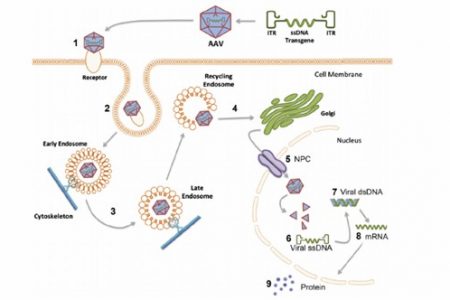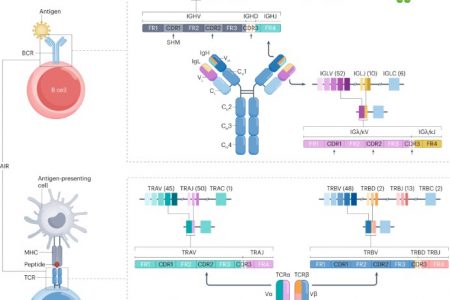
What Is AAV: Introduction, rAAV and AAV Vector
Introduction to Adeno-Associated Virus (AAV) 1. Overview and Basic Structure Originally identified during the 1960s, the adeno-associated virus represents a significant advancement in genetic research and therapeutic applications. This small, non-enveloped virus belongs to the Parvoviridae family’s Dependoparvovirus genus. Its genetic material consists of single-stranded DNA spanning approximately 4.7 kb. Research indicates widespread human exposure, […]


 Sample Submission Guidelines
Sample Submission Guidelines







